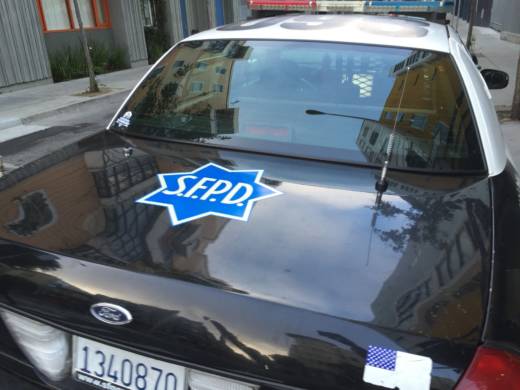Negotiations between San Francisco officials and the police union over new rules governing officers' use of force have reached an impasse, according to a statement released by Police Officers' Association President Martin Halloran Friday evening.
Halloran cited the new policy's prohibition on shooting at moving vehicles as a "major sticking point" leading to the impasse.
City police commissioners sought to update the Police Department's use of force rules following the fatal officer-involved shooting of Mario Woods in December. The wholesale revision played out in a public process over months, with the commission unanimously passing the new rules in June. But they weren't immediately implemented and instead headed into closed-door negotiations between the city and POA in a process guaranteed by state and local labor laws.
At the time, the union had three major sticking points. The POA was opposed to the ban on shooting at moving vehicles and a similar ban on officers' use of the carotid restraint (or sleeper hold). The union wanted the new policy to include citation of the California Penal Code that authorizes police to use force and states that peace officers do not have a duty to retreat.
But critics said law enforcement agencies around the country were both banning shooting at cars and the carotid restraint. They said including the legal standard for officer use-of-force undermined the new policy's emphasis on de-escalating potentially violent incidents.

